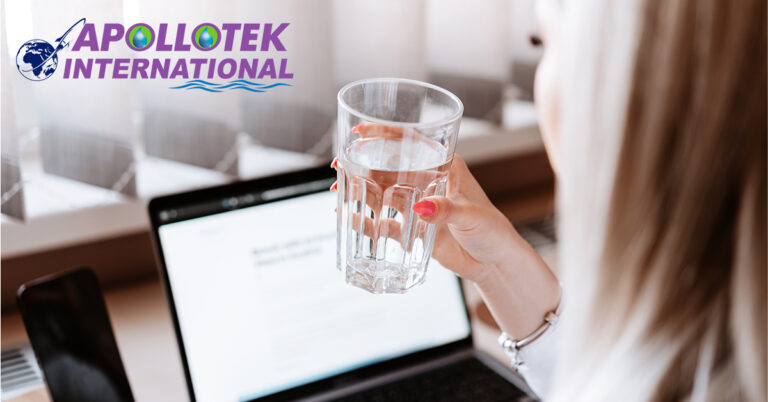

Alkaline water is water in which oxygen molecules outnumber hydrogen molecules and it carries an extra electron. The benefits of alkaline water come in the form of antioxidant bubbles known as hydroxide ions. These ions work to remove free radicals from the blood, reducing oxidation and aging, which are two factors in many types of cancer, as reported by the non-profit organization BeatCancer.com.
Over time, factors such as poor diet, stress, and smoking increase the acidity of the blood, making the body more susceptible to diseases like cancer. Cancer cells struggle to thrive in an alkaline environment, as alkaline water creates an inhospitable setting for their growth.
salt-based and salt-free. A salt-based water softener gives you a “spotless” feeling in the shower, enhances soap lathering, and results in brighter and more vibrant colors in your clothes. On the other hand, salt-free systems also reduce scale buildup, provide brighter colors in clothing, and softer skin using a healthier method. The main advantage of a salt-free water softening system is the ability to soften water without adding sodium, making it a healthier option for both the heart and the environment.
How does a Water Conditioner Work? The Problem: As water travels underground to the surface, it picks up soluble matter along the way. This water is filled with minerals, such as calcium and manganese, which significantly affect how we use it in our homes. The presence of these minerals and their interaction in water according to its use makes the water hard.
One effect of hard water is that soaps and detergents lose their effectiveness. Instead of fully dissolving, soap mixes with minerals, forming a coagulated soap curd. More soap is required because less dissolves in hard water. This sticky, insoluble curd remains deposited on our skin, preventing proper cleaning. Washed hair may appear dull and lifeless.
Laundry is not much better with hard water. Soap curd may be present even in your clothes while washing in your automatic machine. This can result in dirt being trapped in fibers, leaving the fabric stiff and rough. Besides affecting the washing process, insoluble soap deposits leave stains on everything you wash, from dishes to the family car. A layer of soap scum slowly accumulates in your bath and shower.
Another reason to be concerned about hard water is its effect on the plumbing system. Calcium and magnesium deposits build up in the pipes, reducing flow in water faucets and other appliances. In water heaters, these minerals create scale buildup, reducing efficiency and the life of the water heater.
The Solution: The solution to this problem is to remove calcium and magnesium from the water. While chemical treatments exist for this purpose, the most common method is a water softener.
The most common water softener is a mechanical device installed in the water supply of your home. All water softeners operate on the same principle: they exchange harmful minerals, such as calcium and magnesium, and replace them with sodium and potassium. This process is known as ion exchange.
The heart of a water softener is a mineral tank filled with small beads of polystyrene, also known as resin or zeolite, which carry a negative charge.
Calcium and magnesium in the water have positive charges. This means that these minerals will adhere to the beads as hard water passes through the mineral tank. Sodium ions also have positive charges, although not as strong as the charge on calcium and magnesium. When a highly concentrated saline solution flows through a tank that already has beads saturated with calcium and magnesium, the volume of sodium ions is sufficient to expel the calcium and magnesium ions from the beads. Water softeners have a separate brine tank that uses common salt to create this saline solution.
In normal operation, hard water moves into the mineral tank, and calcium and magnesium ions move onto the beads, replacing the sodium ions. The sodium ions enter the water. Once the beads are saturated with calcium and magnesium, the unit enters a 3-phase regeneration cycle. First, the backwash phase reverses the water flow to remove dirt from the tank. In the recharge phase, the concentrated salt solution, rich in sodium, is transported from the brine tank and flows through the mineral tank. Sodium accumulates on the beads, replacing calcium and magnesium, which are flushed down the drain. Once this phase is complete, the mineral tank is rinsed of excess saline solution and refilled.

Apollotek International, Inc. extends an invitation to you to join the thousands of satisfied customers who enjoy the finest quality alkaline water. We have recently introduced new water filtration products with unique technology to our industry. Discover excellence in every drop.
Commercial Product Request
If you are interested in receiving equipment details and price information,
please send us your contact information, and a sales representative will
contact you shortly.
If you are considering the benefits of a home water filtration system and you are a homeowner, you may qualify for a free in-home water analysis.